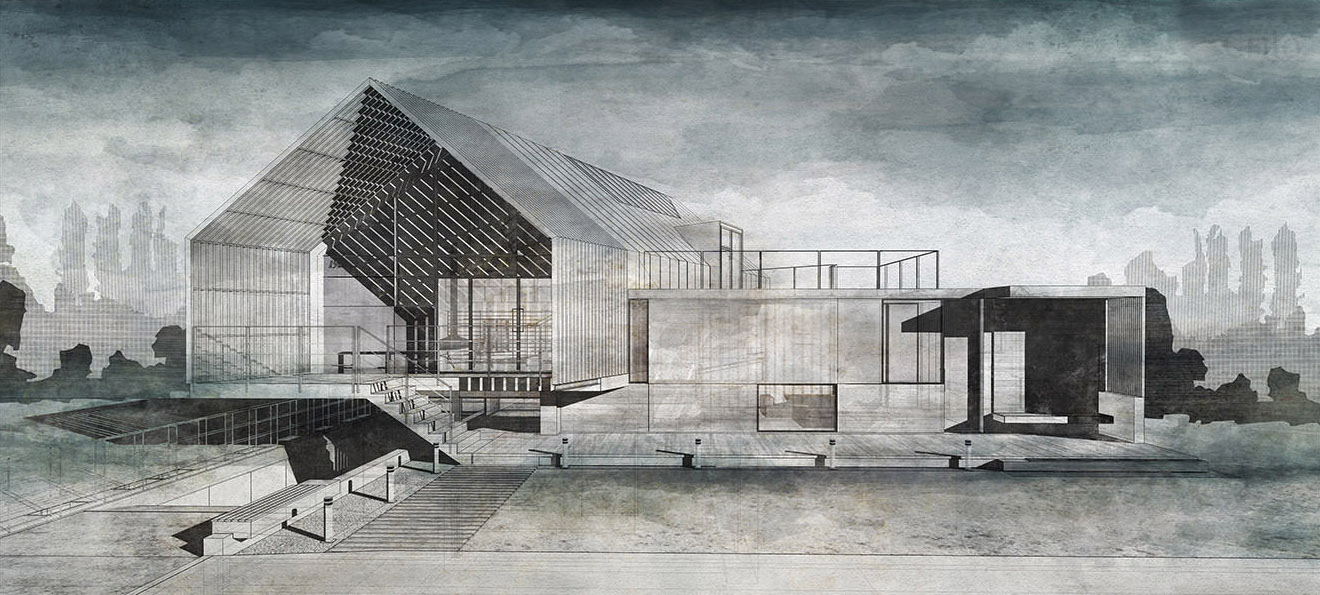This feature has been created in collaboration with urbanNext, a multi-platform aimed at developing, disseminating and distributing content centered on architecture through a focus on the contemporary human milieu and its challenges. Architizer features a weekly discussion from urbanNext’s journals to support its investigation of urban conditions and innovations facing the architectural profession today.
“I think the question for architecture is how it sees itself and its many professionals as spatial agents rather than just purely being architects,” says urban consultant and organizer Rashiq Fataar to a crowd at the 2015 Smart City Expo in Barcelona. “Contemporary architecture is much more complex. You have to be an anthropologist and a psychologist … You have to be very humble and at times be very bold because of your ability to … communicate a vision.”
Fataar, as the founder of Our Future Cities, a community-driven organization that aims to cultivate dialogue about urban developments around the world, sees that the future of city-making lies within a cross-disciplinary approach of professionals and citizens.
A native to South Africa, Fataar’s work is motivated by an ambition to redress the history of inequality that is embedded within Cape Town’s urban fabric and continues to limit and divide life in the city. “Our city … was designed for 300 years to separate people, so our infrastructure, transport, housing was all designed for so long based on people being separated by race. So while we face these major challenges of urbanization, we also have to redesign and undo the design that’s been there for so long.”
Citing that the biggest challenge facing the contemporary urban project is “to improve the quality of life for people with the impacts of climate change and congestion and migration,” Fataar sees this challenge as “not just a physical project; it’s a social, cultural project,” as well.

© BRUCE SUTHERLAND
As an initiative, Our Future Cities aims to involve a whole range of professionals in a dialogue about how cities work and how a city can work in order to answer these sociological questions. One particular program, “Young Urbanists,” aims to build a diverse network of young professionals under 40 to come together and engage in lectures and forums surrounding the state of urbanization in Cape Town.
“We create an open space where somebody who is in politics, who doesn’t get to be involved in these dialogues can … come to any forums or field trips in different neighborhoods in the city … Somebody who is in public health … can join a dialogue and ask questions about health.”

For Fataar, developing this diverse constellation of practitioners has potential to have resounding effects on the future of city-making, beyond the architectural realm: “The idea is that in 20 or 30 years’ time, if there is a sense of empathy across fields, the future mayor might already know the public artists, and the transport infrastructure expert might already know a local businessperson, so perhaps in some ways there will be greater empathy and trust around how to build these future cities.”
Words by Joanna Kloppenburg
Read more from urbanNext’s journal Expanding Design Practices on the urbanNext website.
In collaboration with:





